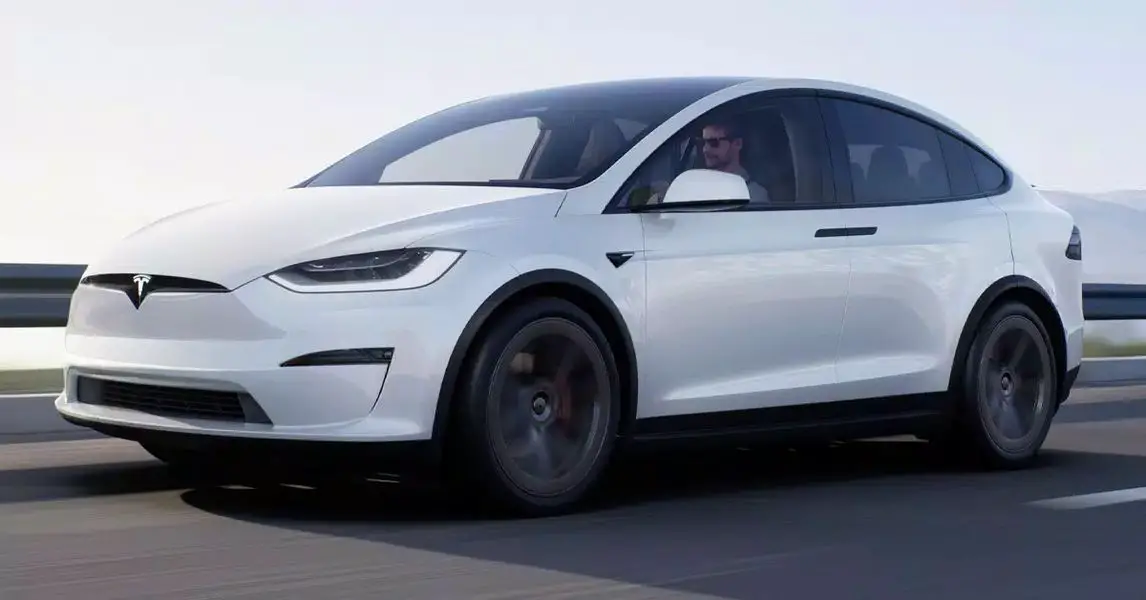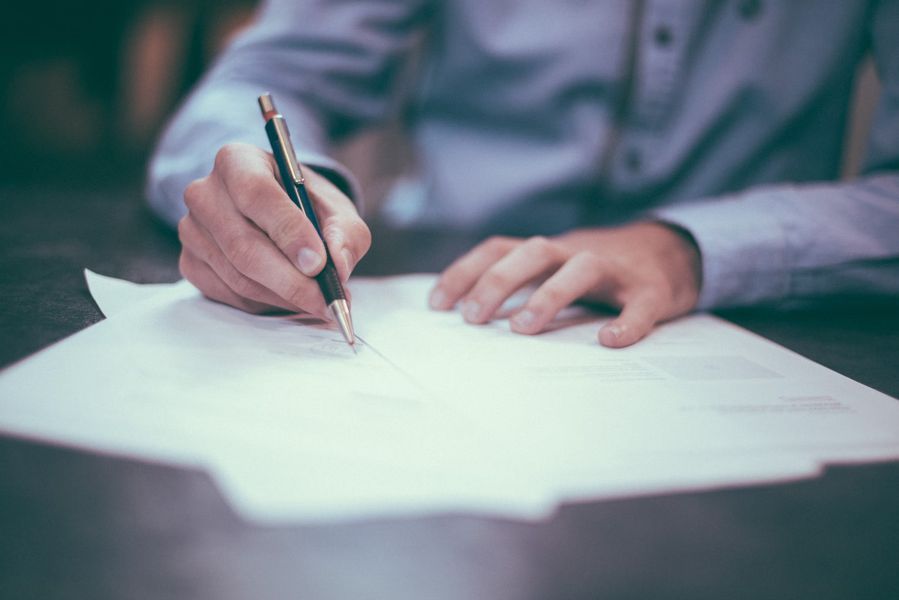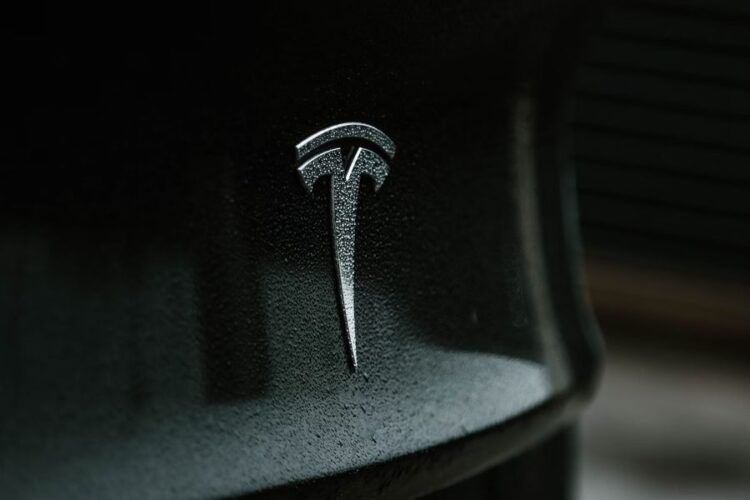- The Tesla class action lawsuit has been filed in California, accusing the company of violating the state’s privacy laws and other claims after allegations surfaced of Tesla employees accessing and sharing private customer recordings without their consent.
- The lawsuit comes after a Reuters report revealed that a small group of former Tesla employees claimed to have shared private photos and videos captured by Tesla car cameras without customers’ consent.
- Tesla has released a privacy report earlier this year that detailed its privacy practices and how camera recordings are stored. The lawsuit has yet to be confirmed as a proper class action by a judge.
A Tesla class action lawsuit alleges that the company’s employees accessed and shared private customer recordings without consent, raising concerns about potential privacy violations.
The plaintiff alleges that Tesla violated the state’s privacy laws and made other transgressions.
The complaint is considered a potential class action lawsuit, and it alleges that from 2019 to 2022, Tesla employees accessed and shared recordings of customers in private and compromising circumstances without their permission. The defective system in question is the center of the allegations.
“It’s not okay for Tesla to be using that information in ways that it’s promised not to use,” said Jack Fitzgerald, the lawyer bringing the Tesla class action lawsuit.
Tesla class action lawsuit filed on Friday
A lawsuit was filed on Friday following a report published by Reuters on Thursday. The report featured an unnamed group of former Tesla employees who claimed to have shared private photos and videos captured by Tesla car cameras without customers’ consent. The lawsuit is related to the same allegations made by the former employees, who disclosed that they had shared the footage internally.
“To relieve boredom, a lot of these data labelers would share these videos with each other,” said Steve Stecklow, Pulitzer Prize-winning investigative reporter with Reuters.
According to the Reuters report, the ex-employees claimed to have shared private material captured by Tesla car cameras without customers’ consent, but Reuters was unable to obtain any of the shared material.

The ex-employees stated that they had not saved the alleged material. Tesla class action lawsuit cites examples of shared materials without presenting any evidence to support the claims. Notably, the complaint does not assert that the plaintiff’s Tesla camera was accessed.
“He didn’t consent to, you know, images of his family being available to Tesla employees to circulate around the office or to comment on. Nobody consented to that,” Fitzgerald said.
At an earlier point this year, Tesla released a comprehensive account of their privacy policies. The report provided an explanation of the occasions when the cameras are active and how the data is stored.
“The cameras will only record if you opt in and the recordings are saved on your vehicle, not on Tesla’s servers,” the company had said.
Additionally, Tesla stated that recording preferences can be modified by customers at any point in time.

Tesla’s customer privacy notice outlines that unless the camera recordings are obtained following a safety incident like a vehicle collision or airbag deployment, the data is kept anonymous and is not connected to the customer or their vehicle.
“That’s one of the tradeoffs that people have to consider when they’re getting a car that has one of these experimental features like autopilot or self-driving,” said Caroline Haskins, data privacy expert and research editor at Insider.
It’s important to note that the lawsuit must still undergo a review process by a judge to confirm its status as a proper class action lawsuit.





